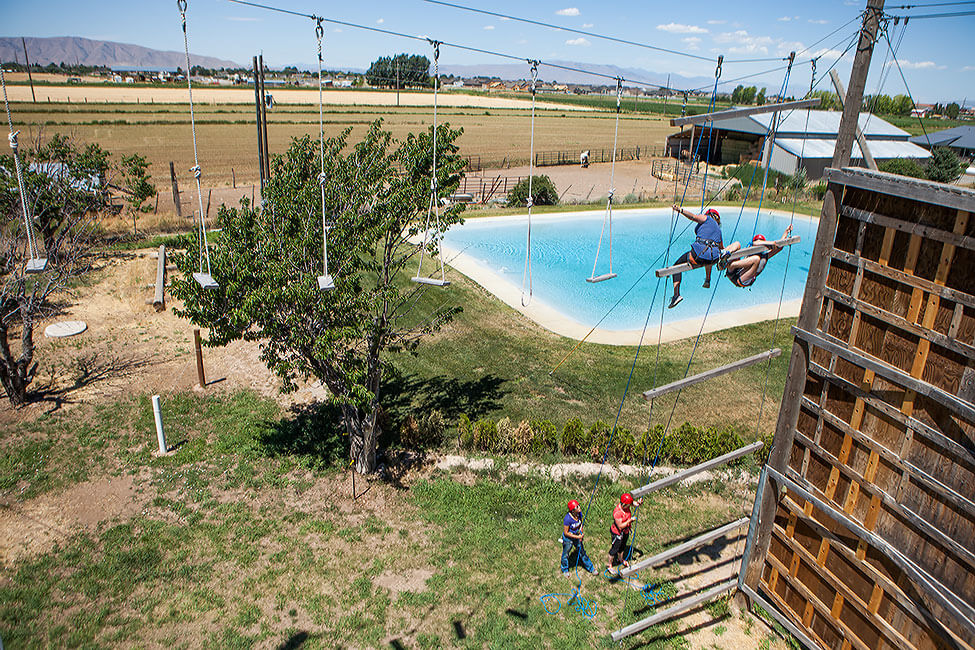Article by: Lindsey Spencer, New Haven therapist, TRS,CTRS,CMHC
A Case Study
Sarah (fictional name) came to New Haven crippled by anxiety. She hadn’t been outside of her house in a year. This meant she stopped going to school, participating in activities, and engaging with her peers. She came to New Haven fearful of trying anything.
Her New Haven team decided to focus their approach emphasizing recreational therapy. The purpose was to help her, in a safe way, get out of her comfort zone, and try new things. They created a list of activities she wanted to try. She went on hikes, ice climbing, repelled a waterfall, and planned weekly ski trips with her team.
Slowly, she gained confidence and learned she could take each activity slowly until she became more proficient. She began skiing green hills, then blue, and eventually progressed to black diamonds thanks to her team modeling techniques each step of the way. She then learned ski jumps and continues to challenge her self. The confidence she gained in these activities started to impact how she felt in social situations and everyday living.
After graduating from New Haven, while in university, Sarah reached out to her therapist to check in during finals week. She happily confided that she knew she was capable of completing these exams because she trusted in her ability to do hard things. She continually recalls these experiences as she is confronted with challenges in her life. New Haven is full of stories like Sarah.
RASP Scale…What is it?
For Sarah, and all of our students at New Haven, our therapeutic recreation department uses an outcome measure to help us know the best way to approach working with each student within the umbrella of therapeutic recreation. It is called the RASP scale, and was developed by Harvard University (Resiliency Attitudes and Skills Profile) to assess each student on 7 different categories within the department of therapeutic recreation including; insight, independence, creativity, humor, initiative, relationships, and values orientation. Treatment teams will collaborate on how they can personalize interventions based on group and individual needs.
Each student takes the same assessment every month to track their progress.
The success of experiential therapy comes from a non traditional ‘out of the box’ approach.
The Growth Zone
Therapeutic Recreation is all about helping people get out of their comfort zone, and into a growth zone. Getting to the growth zone requires going through a bit of a panic zone, but always in a safe environment with trusted professionals and community. Applying these skills for our students and their families promote resiliency, understanding and a sense of empowerment that can then be applied to other areas of their lives.
